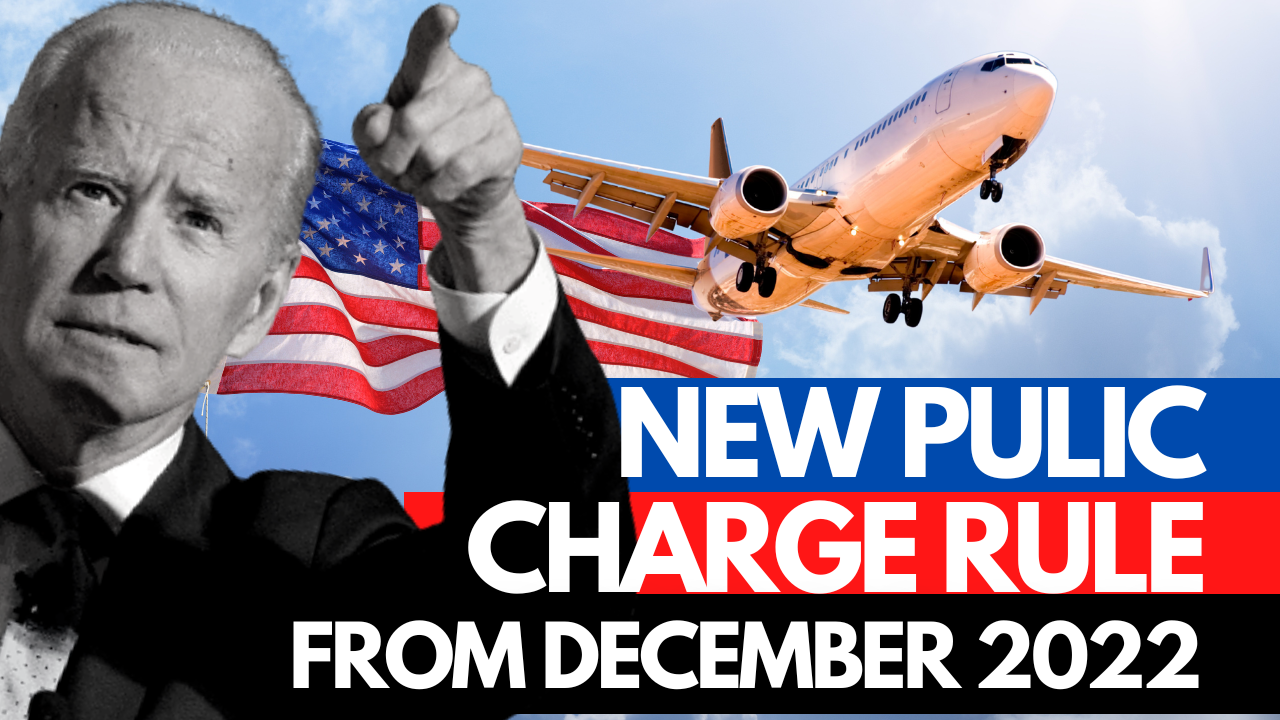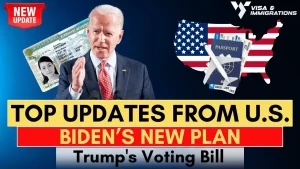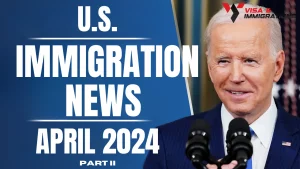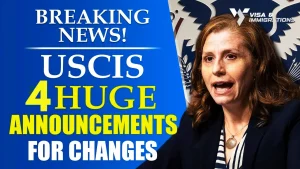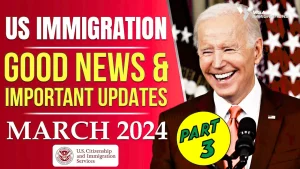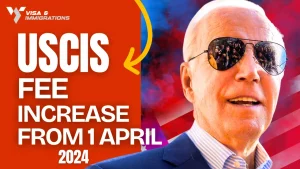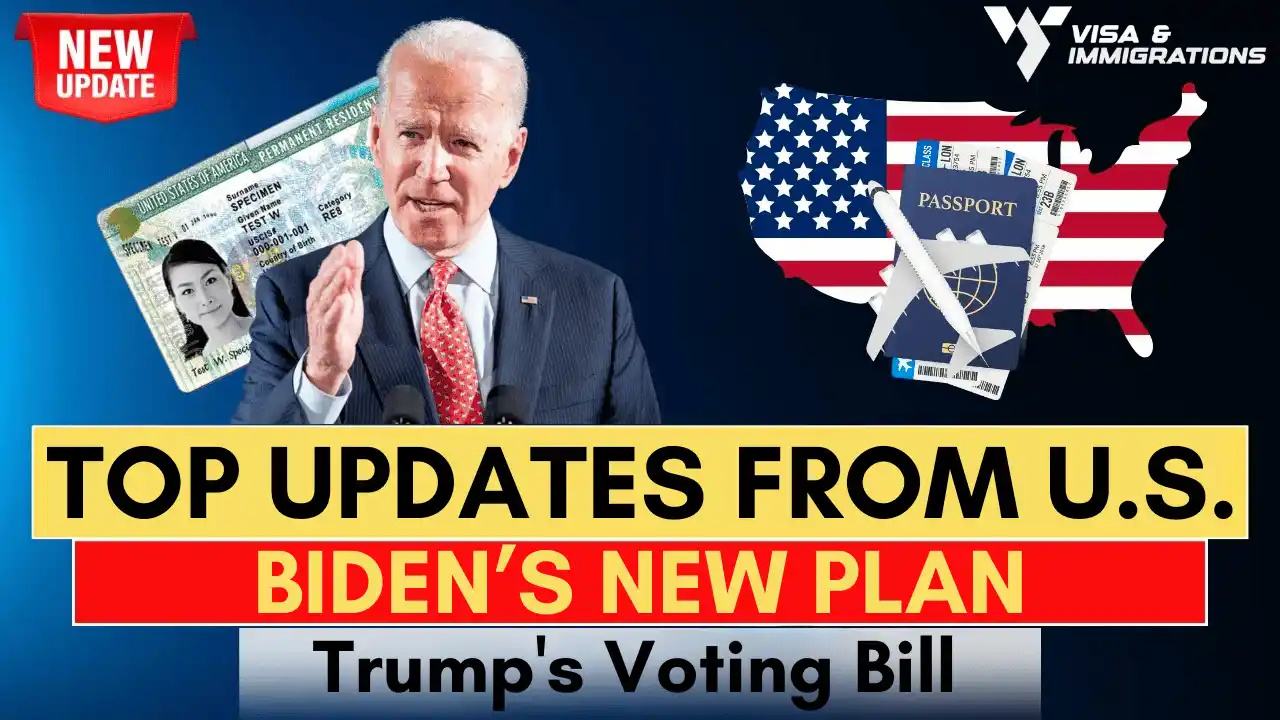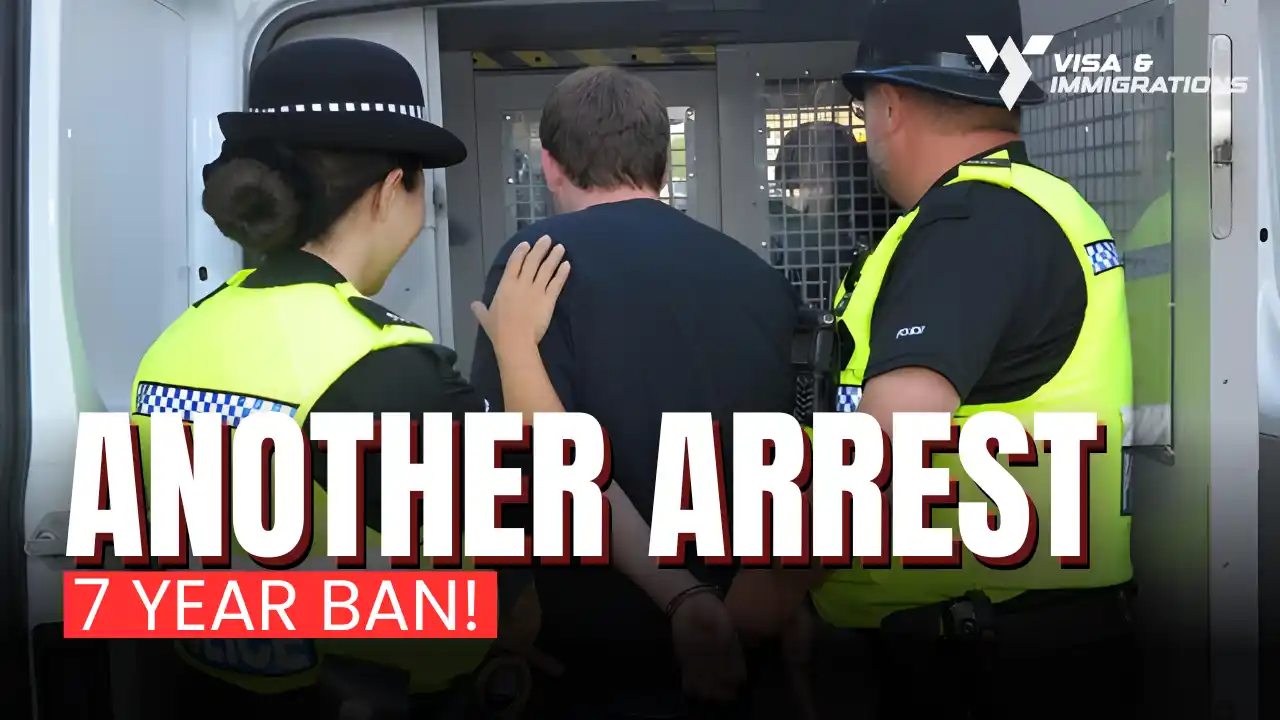Updates On New Public Charge Rule
In today’s blog, we will be talking about the new public charge rule and its effects on the US immigration atmosphere.
A new federal law is going to take effect which will have a considerable impact on the integrity of the US immigration system. The new federal rule, which is going to take effect on December 23, concerns how the government finds out whether an alien is going to become a “public charge” relying on taxpayers for basic necessities. It doesn’t pertinently set out from the “interim” 1999 guidance by the previous Immigration and Naturalization Service, however, it further knocks down the 2019 efforts of President Trump to strengthen the rule. This is good news for those favoring open borders.
The Immigration and Nationality Act Section 212(a)(4) allows the denial of entry of aliens, likely to become a public charge at any time. The Immigration and Nationality Act (INA) doesn’t precisely define “public charge” but states that arbitrators must take into consideration age, education, assets, health, skills, family status, resources, and any “affidavit of support” binding a third party for the alien’s financial responsibility. Although it seems like much to take into consideration, the rule commencing in December clearly cuts out several public benefits from the equation. Medicare, the Children’s Health Program, housing benefits, Medicaid, food stamps, immunization or testing for contagious diseases, and other additional benefits for special needs were not taken into consideration, same goes for the families of the aliens, even those living in the same house.
You might be wondering what is even left after this many exclusions. A few remain including, state/local cash benefits, Supplemental Security Income (SSI), Temporary Assistance for Needy Families (TANF), and “long-term institutionalization at government expense.” The Department of Homeland Security has made an arbitrary decision that these are the only programs that lead to aliens depending primarily on the government as they include direct cash payments. Taxpayers are responsible for the payment, regardless if it goes directly to the alien or is spent for their benefit.
Whereas the public charge rule of President Trump in 2019 changed the feeble 1999 guidance to add more benefits and manipulated positive and negative-weighted factors that adjudicators could consider. According to it, a public charge was defined as an alien getting one or more public benefits for more than one of three aggregate years. Aliens receiving two benefits in a month would count as two months of receipt. Expectedly, it instantly faced rulings by activist courts, and after a series of actions, was stopped permanently in March 2021, and the 1999 guidance was restored. The rule while making a few technical changes will implement the “interim” guidance. This is only one of Biden’s many actions to open the gates for legal and illegal immigration.
Congress didn’t precisely define “public charge” in the Immigration and Nationality Act, but their objective was clear, which was to save taxpayers from draining their resources on aliens. The rule does not do that. The statistics of a 2018 Center for Immigration Studies (CIS) showed that 63 percent of alien households utilize at least one public benefit, and this rate will only rise with the hike of low-skill labor encouraged by Biden. A public interest organization opposed the rule and also submitted its remarks to DHS.
This is the end of today’s blog update. We hope you found this blog useful. Please don’t forget to support us by subscribing to our newsletter and sharing this blog with your friends and family on Facebook, Whatsapp, and Twitter.
Recent Posts:
- H-2b Visa Limit Update For The Year 2023
- Good News! Green Card Rules Relaxed
- Book Early Appointment For USA
- Roundup Of The Latest US Immigration News
- What Is The Processing Time For Overall EB-3 Visa?

